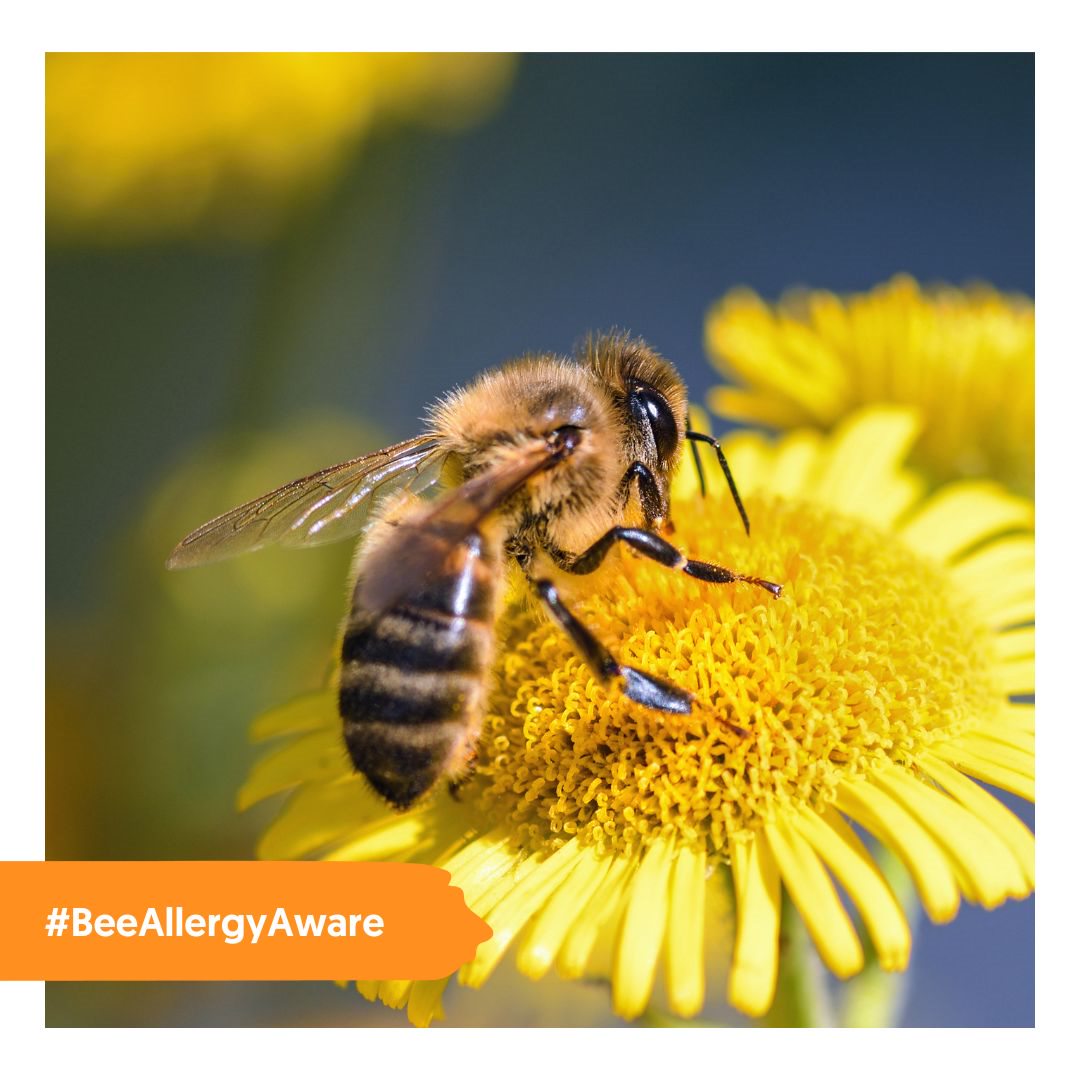For most people, a bee or wasp sting isn’t dangerous. But for a small minority, an insect sting can lead to anaphylaxis – a life-threatening allergic reaction.
Anyone stung by a bee or wasp is likely to suffer a painful swelling at the site of the sting, and for most people, this isn’t dangerous. But for people with an allergy to bee or wasp venom, the reaction can be systemic – meaning it affects the whole body. Systemic allergic reactions can be serious and lead to potentially life-threatening anaphylaxis.
The thought of being stung can be very frightening, especially if you know you’re at risk of anaphylaxis. Rest assured though that there are steps you can take to reduce this risk.
Who is at risk?
You are more at risk of serious allergic reactions to insect stings if you have frequent or multiple stings. Beekeepers and people with a rare condition called mastocytosis are more at risk of having serious sting reactions.
People who have other allergies, such as hay fever or food allergies, are not at increased risk of having a serious allergic reaction to an insect sting.
If you are allergic to insect stings, you can still enjoy the great outdoors by seeking medical advice, carrying prescribed medication at all times, and taking precautions to avoid being stung.
6 ways to avoid being stung if you have an allergy
1. If possible, keep your arms and legs covered and avoid bright colours.
2. Avoid walking around in bare feet or sandals when outside.
3. If a bee or wasp is near you, don't swat it. Move away slowly and calmly. If it lands on you, don't panic. Be patient and wait for it to fly away.
4. Food attracts insects. When outside, avoid open rubbish bins and keep food covered.
5. Always look at what you are eating before you take a bite or a sip of a drink as wasps will slip into food and even into open drink cans.
6. If you find a nest of wasps/bees in your house or garden, do not attempt to move it yourself. Call the local authority or beekeeping association for advice.
For more information and advice about Bee and Wasp sting allergies, click her.

